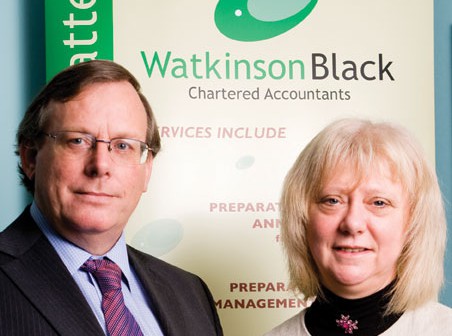From 6th April 2017 rules for this type of claim have altered, the way to claim has been revised. Successfully changing from relief by deduction to that of a relief by a basic rate tax deduction, once it is fully effected owners of unincorporated property rental businesses will receive relief as a basic rate tax reduction
From deduction to tax reduction
The changes in which interest relief is given to landlords will be phased in over four years from 2017/2018 tax year to 2020/2021 tax year. Each year the ratio of interest for which relief is to be claimed by deduction decreases and the ratio for which relief is claimed as a basic rate tax deduction increases.
The overall effect: it moves the claim from the position in the earlier years up to 2016/2017 tax year where relief for interest costs were wholly deducted when calculating the profit of the rental business to that of, from 2020/2021 onwards, where relief is only given, in full, as a basic rate tax reduction.
The Change will be Phased in as follows:
- 2017/2018, relief for 75% of the interest costs given as a deduction, with relief for the remaining 25% given as a basic rate tax reduction
- 2018/2019, relief for 50% of the interest costs given as a deduction, with relief for the remaining 50% given as a basic rate tax reduction
- 2019/2020, relief for 25% of the interest costs given as a deduction, with relief for the remaining 75% given as a basic rate tax reduction; and
- 2020/2021, and later years, relief for 100% of the interest costs is given as a basic rate tax reduction
The concept of relief as a basic rate tax reduction is slightly more complex. Instead of deducting the interest when calculating the profit, the interest (or, in interim years, the ratio not eligible for relief by deduction) is ignored when working out the tax on the rental profits. The tax bill is then cut by the basic rate tax reduction, which in most cases is 20% (per the basic rate of tax) of the interest costs. So, if the interest costs are £5,000, the tax bill (calculated to exclude interest) is reduced by £1,000.
If the profit is less than the interest costs or the profit is sheltered by the personal allowance, the basic rate reduction is capped, and is 20% of the lower of: finance costs not deducted in the year, or profits of the business for the tax year, or total income that exceeds the personal allowance for the year.
This avoids the tax reduction creating a tax repayment – at best, it can cut the tax bill to nil if the taxpayer is a basic rate taxpayer. Any unrelieved interest costs can be carried forward to the next year.
WatkinsonBlack – Accountants Who Care For Clients Who Matter
We have considerable experience in all areas of taxation and businesss services, including providing a very cost-effective payroll bureau service.
Contact 01925 41210




